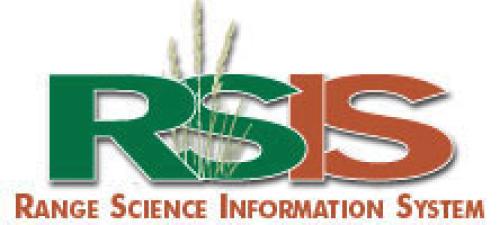This study sought to describe the nature, extent, and timing of sheep impacts upon well-established young Douglas-fir (Pseudotsuga menziesii) trees planted in two patterns of sheep/pasture/conifer agroforest in western Oregon. Results showed that trees over 1-2 m tall rarely have terminal leaders browsed by sheep. No sheep browsing of tree terminal leaders was observed after 1985. Sheep removed the terminal leaders from only 3 to 9% of trees each year during 1983-1985. Most browsing of terminals occurred in the summer when other forages had become mature and were relatively unpalatable. Less than 13% of agroforest trees were debarked by sheep each year during 1983-1987. Grazing had no discernible effect upon Douglas-fir tree growth. Deer had a much more pronounced impact on young trees during the early years of stand establishment than did domestic sheep. The authors note that given the relatively modest level of sheep impacts upon the study agroforests compared to that being sustained by deer on both ungrazed forest and grazed agroforest plantations alike, it is not surprising that sheep grazing had little impact of forest growth.

Citations and enhanced abstracts for journals articles and documents focused on rangeland ecology and management. RSIS is a collaboration between Montana State University, University of Idaho, and University of Wyoming.